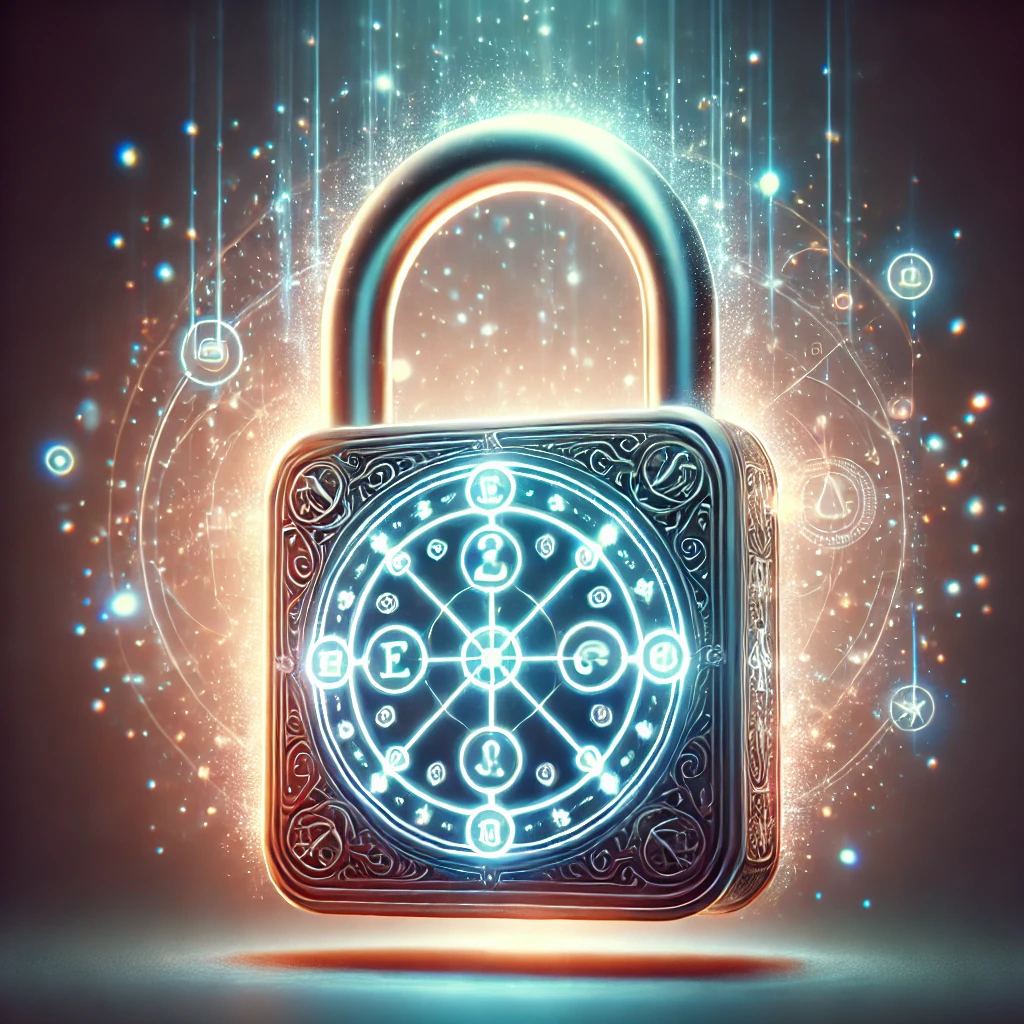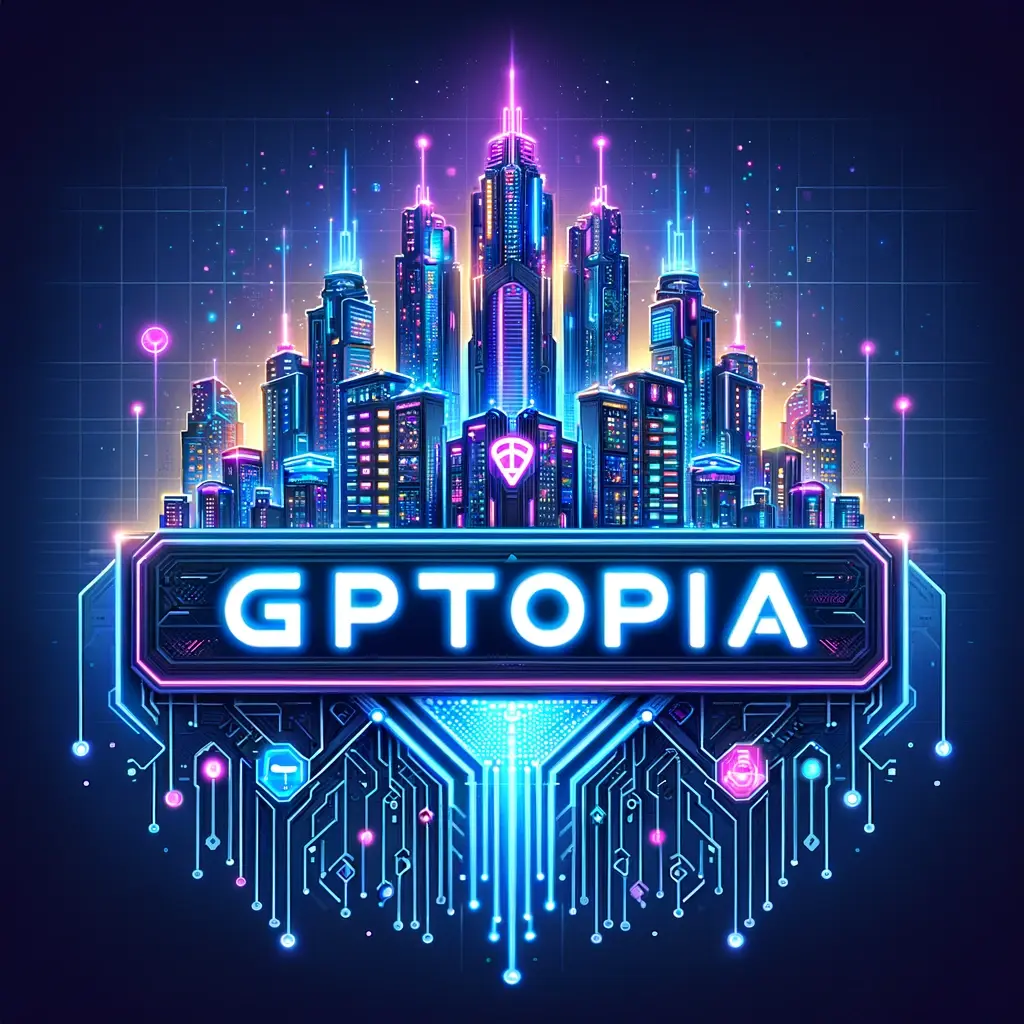complete article index can be found at
https://ideabrella.com/papers/articles
Can AI Agents Run a Truly Wild D&D style Campaign?
AI Agents as Dungeon Masters: Can They Run a Truly Wild Campaign?
Tabletop role-playing games (TTRPGs) like Dungeons & Dragons (D&D) thrive on creativity, adaptability, and storytelling. Traditionally, a human Dungeon Master (DM) is responsible for crafting the world, playing characters, and responding to player actions. But what happens when we replace that human mind with an AI agent? Can AI truly run a campaign that feels dynamic, immersive, and, most importantly, fun? Let’s roll for initiative and find out!
The Setup: AI as the Storyteller
AI models like ChatGPT and custom-built dungeon master bots have been tested in various TTRPG settings. They can generate detailed descriptions, improvise NPC dialogue, and even handle combat scenarios. But storytelling isn’t just about world-building, it’s about pacing, emotional depth, and engaging twists. Does AI have what it takes to create a gripping narrative that evolves with player decisions?
Strengths:
AI can generate endless unique settings and lore on the fly.
It ensures impartiality, no favoritism for certain players.
AI excels at procedural generation, creating randomized dungeons, encounters, and loot seamlessly.
AI can help new DMs by providing suggestions and prompts to keep the story moving.
AI-driven assistants can offer mechanics-based rule clarifications instantly.
Weaknesses:
AI struggles with adapting to complex, off-the-rails player choices.
Emotional depth and nuanced character interactions may feel robotic.
Comedic timing, a core element of many campaigns, can be hit or miss.
AI cannot fully replicate the unique personality and storytelling approach of human DMs.
Some AI-generated content may feel formulaic rather than truly spontaneous.
The Experiment: AI in Action
To test AI’s capability as a DM, various players have run AI-driven campaigns, using models that generate responses based on prompts. The results? Mixed, but intriguing. AI excels in structured environments—generating tavern encounters, dungeon maps, and character interactions within predictable frameworks. However, when players introduce wild, creative solutions (like bribing a dragon with stand-up comedy), AI responses can feel stiff or nonsensical.
One group used an AI to run a one-shot adventure where the villain was a sentient enchanted baguette bent on world domination. While the AI kept the story moving, it struggled to maintain consistent tone—sometimes switching between dark and comedic without warning. This unpredictability, while amusing, made it clear that AI still lacks the deeper storytelling instincts of a seasoned human DM.
Another experiment involved using AI to generate side quests based on vague prompts from players. While it successfully produced engaging short narratives, some responses felt repetitive or lacked true emotional stakes. Players appreciated AI’s speed but noted that a human DM’s improvisation added a richer experience.
The Future: AI as a Co-DM?
Rather than replacing human DMs, AI might work best as a co-DM, handling background details, generating side quests, or even running automated NPCs while a human DM focuses on roleplay and major story beats. Imagine an AI managing dynamic weather patterns, auto-generating shop inventories, or calculating complex enemy strategies in real-time while a human DM guides the main plot.
Potential Uses for AI in D&D:
Randomized NPC dialogue: AI can instantly generate unique shopkeepers, guild leaders, or wandering bards with distinct personalities.
Procedural dungeon creation: Instead of manually designing every corridor, AI can draft dungeons with traps, puzzles, and enemies tailored to the players.
Combat AI: Instead of manually tracking every enemy’s movement and tactics, AI could handle enemy decision-making, adjusting based on the players’ strategies.
Dynamic storytelling assistance: AI could provide lore-friendly responses when players ask about obscure world details, ensuring immersion without DM improvisation stress.
Auto-generated puzzles and riddles: AI could create interactive puzzles and cryptic clues tailored to player abilities and backstories.
Adaptive difficulty: AI could analyze player performance and adjust enemy stats, puzzle complexity, and story stakes dynamically.
AI-powered session recap: AI could summarize past sessions, allowing players to jump back into the game without forgetting key details.
Final Verdict: Not Quite Ready for the Throne, But a Strong Sidekick
While AI Dungeon Masters bring exciting possibilities, they still fall short of replacing human creativity, emotional intelligence, and improvisational skill. However, as a DM assistant, AI has immense potential to streamline game mechanics, enrich world-building, and offer dynamic tools that enhance storytelling.
For now, human DMs can rest easy, your job is safe. But in the future? Maybe your best co-DM isn’t a player, but an algorithm waiting behind the screen, ready to roll the dice at a moment’s notice. AI’s role in TTRPGs may continue to evolve, becoming an ever-more integrated and helpful tool rather than a direct replacement for the magic of human storytelling. Whether crafting elaborate dungeon maps, refining in-game mechanics, or generating lore-friendly responses in real-time, AI can be a powerful asset, so long as the final narrative remains in the hands of the players and their human DM.









